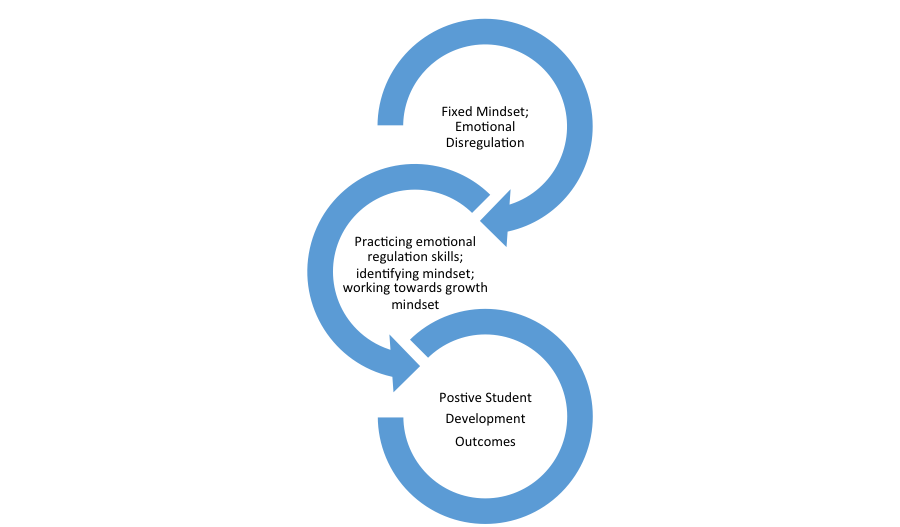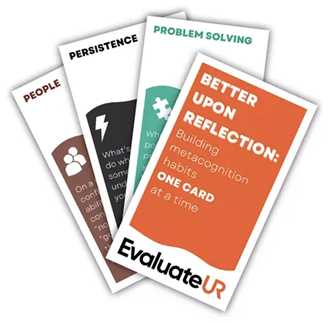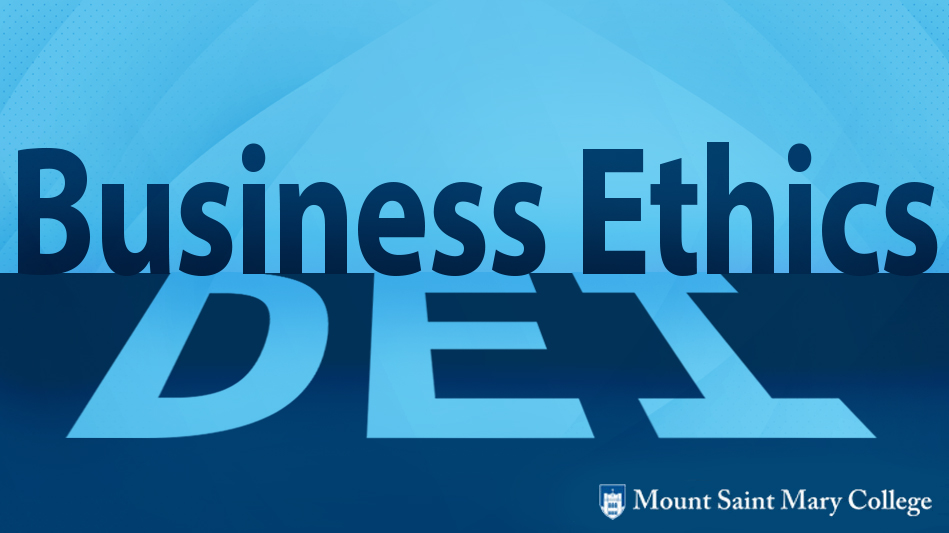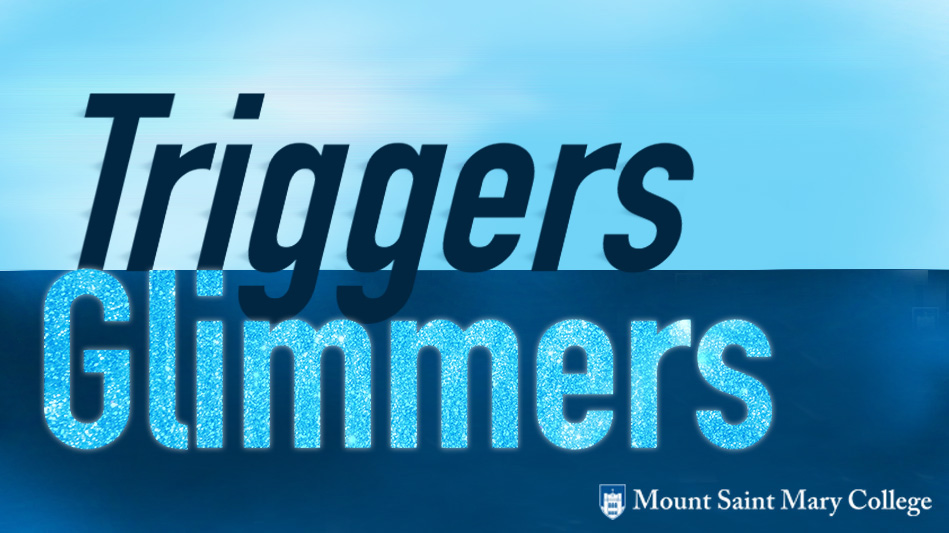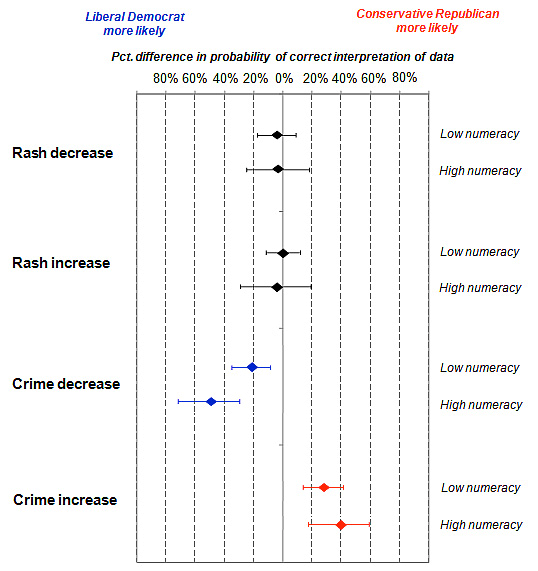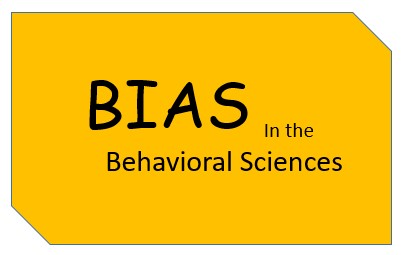by Traci McCubbin, M.A., Director of the Promise Program, Merrimack College
(Post #3 Integrating Metacognition into Practice Across Campus, Guest Editor Series Edited by Dr. Sarah Benes)
I teach a required academic study skills course for undergraduate students that have been placed on academic probation. Students share a variety of reasons that have led to their academic predicament, including but not limited to: underdeveloped academic and/or study skills, social and emotional difficulties, time management flaws, and economic challenges.
After digging a bit deeper with students, I found a common trend in addition to the reasons they shared: they lacked positive coping strategies for regulating their emotions. These emotions could be related to difficulties experienced both inside and outside of the classroom. For example, I had students report that they had not been able to cope with the crushing emotions of a close friendship ending. They had either stopped attending class or could not focus in class for weeks.
As you may guess, their poor academic performance was hindering their academic confidence, and their mindset was more fixed than growth. This blog post shares my creation of self-regulation and metacognition development activities that parallel steps that might be taken when professionals create a business plan. Hence the course title, Academic Entrepreneurship.
Motivating Question: How could I even begin to teach academic strategies or have students reflect on their metacognition, if I couldn’t address their emotional state?
Drawing on Literature and Personal Experience
To begin to answer this question, I turned to the research and published work of Mary Helen Immordino-Yang, Emotions, Learning & the Brain and Carol Dweck, Mindset: The New Psychology of Success. Immordino-Yang’s (2016) research reveals that emotions must be present for learning to occur and that strong social emotions, both positive and negative, have the power to motivate our decisions and actions including educational decisions and actions (Imordino-Yang, 2016, pp. 107,171). Dweck’s (2006) studies consistently show the positive power of a growth mindset and the disruptive power of a fixed mindset. Growth mindset is the idea that intelligence and abilities can be developed overtime with hard work and persistence, while fixed mindset is the belief that intelligence is predetermined or set (Dweck, 2006).
Through my own reflection on my academic journey, I began to understand how my emotions both positively and negatively impacted my learning. During my middle school days, I struggled with math. My mindset was fixed, and I believed that I was not capable of being successful in this subject area. It was as if every time a new concept was taught, I could feel a metal fortress of walls enclose around my brain to prevent any helpful information from penetrating the walls. Despite this struggle, I did finally master fractions and some of the intro to algebra concepts.
As one might expect of a student with a fixed mindset, my frustrations with math and my feelings of defeat followed me from middle school to high school. My high school math teacher started our class off with a review of fractions; immediately, I felt my heart race, my palms get sweaty, and the metal walls beginning to enclose. It was in this moment of panic that I decided to take a few deep breaths, which allowed me to gain clarity. I reminded myself that I already knew how to handle fractions and that I was capable of learning. That moment was life changing, I had adopted a growth mindset. I began to apply this strategy to my fixed mindset areas including but not limited to: running, science, and drumming. Overtime, I began to take more advance math courses and my overall high school GPA began to climb. I have demonstrated both a growth and fixed mindset in different areas of my academic, professional, and personal life. I believe the same must be true for most people as well as for my students.
My personal experiences, combined with the literature, led me to incorporate key components into my study skills course: emotional regulation practices, regular activities to incorporate mindfulness and mindset, and an overarching course theme of entrepreneurship.
Academic Entrepreneurship Class Context
I decided to provide my students with the opportunity to practice coping skills for regulating their emotions, better understand their mindset, and explore the power of growth mindset. Throughout the semester, we opened the start of each class with a 5-minute-or-less mindfulness meditation or a meditative activity such as mindfulness coloring or progressive relaxation. Students were then given time to reflect on the activity and share how they could apply this strategy in their personal lives and/or in the classroom when they felt overwhelmed or highly energized. Mindset was introduced through a series of video clips and case studies. Students were given multiple opportunities throughout the semester to reflect on their mindset and identify opportunities to challenge their mindset.
Concurrent with the self-regulation activities, students were asked to view their academic approach through the lens of an entrepreneur to enhance their metacognitive perspective. The idea is that by building their personal academic business plan, students are empowered to take ownership of their academic experience through a series of metacognitive reflections, exploration of new study skill strategies, and opportunities to practice new and strengthen pre-existing academic skillsets. Students were asked to focus on four areas of a business plan:
- Company Descriptions: Students create their description by engaging in activities and reflections designed to help them identify their interests, personal values, previous academic experiences, activities that bring them joy, and areas of struggle.
- Projections: Instead of setting financial projections, students are introduced to SMART Goals and set 4-5 goals with benchmarks for tracking their progress. Students are encouraged to set 2 goals related to their academic progress, one for health and wellness, and one for professional discovery.
- SWOT Analysis: Students work through motivational interviewing to help each other identify their strengths and successes, areas of weakness, opportunities, and threats. They are also challenged to address their weaknesses and threats by applying their strengths and resources.
- Marketing Plan: Through a series of activities and reflections, students create a plan to sell their Academic Success Business by identifying skills that they strengthen over the semester, resources they accessed, strategies they incorporated, and how these steps translate to leadership.
Figure 1. Academic Entrepreneurship Course Process
Concluding Question: Was I able to help my students practice and implement coping skills for managing their emotions, take ownership of their academic experience, develop a growth mindset, and think critically about their own thinking and learning?
Yes, somewhat, and no….the answer is a bit more complicated and dependent on the student.
Students did proactively engage in the mindfulness meditations and activities of their own accord. They always had the option to remain respectfully quiet and not participate in the meditations or activities. When prompted by an anonymous poll in class about their recent meditative experience, the majority of students requested that we allow for longer practices and activities. They also proactively engaged in dialogues on how they could use these techniques during study breaks, stressful parts of a test, or when dealing with their roommates.
Students landed in very different places when it came to taking ownership of their academic experience, development of a growth mindset, and metacognitive thinking. By the end of the semester a few students had fully taken ownership of their academic experience, were thinking critically and questioning their learning approach and actions, were working towards developing a growth mindset, and could identify when a fixed mindset was starting to develop.
The majority of the students made progress in one area and less progress in the other areas, or only made progress in one area. A few did not make progress outside of practicing their emotional regulation activities.
Though results were mixed, I still believe it is important to teach emotional regulation techniques, provide space for practice, and give students the time to explore and understand their mindset and metacognitive perspective. If students are more aware of their emotional state and able to exercise regulation strategies, they will be better equipped for reflecting on their mindset and metacognitive perspective. This understanding will help them implement a potential shift in perspective and targeted strategies for success. Development takes time and cannot always occur in the framework of a semester. I believe the seeds have been planted and can be nurtured by the student when they are ready to tend to their garden.
References
Dweck, C.S. (2006). Mindset: the New Psychology of Success. Random House.
Immordino-Yang, M.H. (2016). Emotions, learning, and the brain: Exploring the educational implications of affective neuroscience. W.W.Norton & Company.
Resources
TEDx Manhattan Beach. (2011). Mary Helen Immordino-Yang – Embodied Brains, Social Minds. Retrieved from https://www.youtube.com/watch?v=RViuTHBIOq8
Trevor Ragan. (2016). Growth Mindset Introduction: What it is, How it Works, and Why it Matters. Retrieved from: https://www.youtube.com/watch?v=75GFzikmRY0
Trevor Ragan. (2014). Carol Dweck – A Study on Praise and Mindsets. Retrieved from: https://www.youtube.com/watch?v=NWv1VdDeoRY#action=share

